2012 saw some unforgettable women characters. Smart, compassionate, troubled, psychopathic — one quality that connected many female characters this year was their strength. Here are some unforgettable ladies from the world of fiction.
2012 saw some unforgettable women characters. Smart, compassionate, troubled, psychopathic — one quality that connected many female characters this year was their strength. Here are some unforgettable ladies from the world of fiction.
Syamamma
Gogu Shyamala’s Father May Be An Elephant, And Mother May Only Be A Small Basket
Dalit feminist and Telengana activist Gogu Shyamala’s short stories were all poignant and memorable, but one character stood out: Syamamma. Born into a Dalit family in rural India, Syamamma’s life is marked by challenges, not the least of which is the practice of making Dalit girls ‘joginis’ (which means she’s available for sexual exploitation by all the upper caste men in the village). The short story ‘Raw Wound’, based on Shyamala’s own life, is about how Syamamma escapes this fate. She, like Shyamala, is a champion. Insert roaring applause here.
Mausiji
Ambai’s Fish In A Dwindling Lake
Most of us wouldn’t think getting an auto outside Bandra station could be fashioned into a remarkable story, but that’s because most of us aren’t Ambai. ‘Journey 7’, which is about an older woman, Mausiji, helping a young wife named Rupmati and her brood of children negotiate their way through Bandra station. Mausiji is such a refreshing alternative to the scheming, sniping and insecure older women we usually see in popular culture. Plus, as far as we are concerned, anyone who helps another get an auto is a hero who deserves all the adulation in the world.
Rabi
Balaraba Ramat Yakubu’s Sin Is A Puppy That Follows You Home
She weeps, she’s melodramatic and for much of the novel, she’s worried about getting her daughter married. This doesn’t sound like the formula of a strong woman character but in the way Rabi carefully carves out an independent identity in the intensely-conservative Hausa society, she’s positively heroic. When Rabi is thrown out of her marital home (with her children), she sniffs and sobs but she also wastes no time in setting up her own business. Rabi’s story would probably feel far closer to many an Indian woman’s reality than the saas-bahu serials on television.
Sukhvinder
JK Rowling’s The Casual Vacancy
She’s hairy, dyslexic, awkward and she cuts herself. Basically, Sukhvinder is the kid in school that no one speaks to because it’s just more entertaining to make fun of them. Although she shows up late in the novel, Sukhvinder is ultimately one of the few people in Rowling’s Pagford who warms your heart. She’s doesn’t move past her insecurities magically, but she is strong enough to not lose sight of what she believes is right. In the end, when she organises the funeral for the misunderstood Krystal, Sukhvinder proves she has more integrity than almost anyone else in the novel. Brava!
Captain Naphi
China Mieville’s Railsea
One of her arms is a whirring mechanical contraption and all of her is geared to hunting a massive albino ‘moldywarpe’ (a giant mole). This may sound a bit ridiculous without context but in Railsea, a reimagining of Moby Dick, Captain Naphi is Mieville’s version of Captain Ahab and a fascinating character at that. Her determination to find the mole is fearsome. Her crew is both petrified and in absolute awe of her. You’d think a woman without all her limbs would seem handicapped, but not Naphi. It’s not often that a character is both menacing as well as reassuring — Naphi manages this balance and is someone no one would mess with. This is a woman we want by our side.
Amy
Gillian Flynn’s Gone Girl
Move over Hannibal Lecter. A man eating our liver sounds far less scary than the psychopathic Amy Elliott Dunne whose ability to plot and pre-empt is horrifying. After all, with Lecter all you have to fear is death. Amy doesn’t let you off so easily. Dauntingly intelligent and cold-blooded, she will make her victim — her husband — suffer. Gone Girl isn’t really a horror story. It’s a novel about marriage and Amy is a chilling personification of that old saying, “Hell hath no fury like a woman scorned.” Considering the horrible crimes against women being reported these days, there’s a politically incorrect side of us who takes great pleasure in these criminal husbands being saddled with a wife like Amy.
Em
Jerry Pinto’s Em And The Big Hoom
From the very first moment that you meet Em, you fall in love with her. She is completely mad, which means she says delightful and often inappropriate things with glorious charm. It also means that she tries to kill herself, hurts those around her and is crucified by depression. Yet, even when she’s at her worst, when she’s curled into a miserable knot of delusions and suicidal urges, Em’s strength is remarkable. Her desperate urge to kill herself is matched only by her intense joie de vivre.
Mariamma
Manu Joseph’s The Illicit Happiness of Other People
It was the year of mad mothers, and Mariamma, who talks to walls and douses her alcoholic husband in order to wake him up, matches Em in both lunacy as well as charm. The Illicit Happiness of Other People is actually a father’s quest to unravel the mystery of his son’s suicide, but Mariamma is the parent who wins your heart. Haunted by the past, miserable in her present and yet full of humour, Mariamma’s determination to not let her difficult circumstances overwhelm her is fantastic. From taking advantage of the competition between local churches, using economic theory to discipline her son and thwacking a man who “eve-teases” a young woman, Mariamma is amazing..
![submenu-img]() Delhi-NCR weather update: Rain in parts of Delhi, Noida after record heat
Delhi-NCR weather update: Rain in parts of Delhi, Noida after record heat![submenu-img]() Hardik Pandya finally breaks silence amid divorce rumours with Natasa Stankovic
Hardik Pandya finally breaks silence amid divorce rumours with Natasa Stankovic![submenu-img]() Watch viral video: 17 cars gutted as fire erupts at parking lot in Delhi
Watch viral video: 17 cars gutted as fire erupts at parking lot in Delhi![submenu-img]() Explained: Why MS Dhoni cannot apply for India head coach job
Explained: Why MS Dhoni cannot apply for India head coach job![submenu-img]() Nargis, Bina Rai, Suraiya rejected this role, chosen actress refused Filmfare Award; film became classic, is based on...
Nargis, Bina Rai, Suraiya rejected this role, chosen actress refused Filmfare Award; film became classic, is based on...![submenu-img]() RBSE 10th Result 2024: Rajasthan Board Class 10 results to be out today; check time, direct link here
RBSE 10th Result 2024: Rajasthan Board Class 10 results to be out today; check time, direct link here![submenu-img]() Meet Indian genius who founded India's first pharma company, he is called 'Father of...
Meet Indian genius who founded India's first pharma company, he is called 'Father of...![submenu-img]() DU Admission 2024: Delhi University launches admission portal to 71000 UG seats; check details
DU Admission 2024: Delhi University launches admission portal to 71000 UG seats; check details![submenu-img]() Meet IAS officer, who became UPSC topper in 1st attempt, sister is also IAS officer, mother cracked UPSC exam, she is...
Meet IAS officer, who became UPSC topper in 1st attempt, sister is also IAS officer, mother cracked UPSC exam, she is...![submenu-img]() Meet student who cleared JEE Advanced with AIR 1, went to IIT Bombay but left after a year due to..
Meet student who cleared JEE Advanced with AIR 1, went to IIT Bombay but left after a year due to..![submenu-img]() DNA Verified: Did Kangana Ranaut party with gangster Abu Salem? Actress reveals who's with her in viral photo
DNA Verified: Did Kangana Ranaut party with gangster Abu Salem? Actress reveals who's with her in viral photo![submenu-img]() DNA Verified: New Delhi Railway Station to be closed for 4 years? Know the truth here
DNA Verified: New Delhi Railway Station to be closed for 4 years? Know the truth here![submenu-img]() DNA Verified: Did RSS chief Mohan Bhagwat praise Congress during Lok Sabha Elections 2024? Know the truth here
DNA Verified: Did RSS chief Mohan Bhagwat praise Congress during Lok Sabha Elections 2024? Know the truth here![submenu-img]() DNA Verified: Is CAA an anti-Muslim law? Centre terms news report as 'misleading'
DNA Verified: Is CAA an anti-Muslim law? Centre terms news report as 'misleading'![submenu-img]() DNA Verified: Lok Sabha Elections 2024 to be held on April 19? Know truth behind viral message
DNA Verified: Lok Sabha Elections 2024 to be held on April 19? Know truth behind viral message![submenu-img]() Avneet Kaur shines in navy blue gown with shimmery trail at Cannes 2024, fans say 'she is unstoppable now'
Avneet Kaur shines in navy blue gown with shimmery trail at Cannes 2024, fans say 'she is unstoppable now'![submenu-img]() Assamese actress Aimee Baruah wins hearts as she represents her culture in saree with 200-year-old motif at Cannes
Assamese actress Aimee Baruah wins hearts as she represents her culture in saree with 200-year-old motif at Cannes ![submenu-img]() Aditi Rao Hydari's monochrome gown at Cannes Film Festival divides social media: 'We love her but not the dress'
Aditi Rao Hydari's monochrome gown at Cannes Film Festival divides social media: 'We love her but not the dress'![submenu-img]() AI models play volley ball on beach in bikini
AI models play volley ball on beach in bikini![submenu-img]() AI models set goals for pool parties in sizzling bikinis this summer
AI models set goals for pool parties in sizzling bikinis this summer![submenu-img]() DNA Explainer: Why was Iranian president Ebrahim Raisi, killed in helicopter crash, regarded as ‘Butcher of Tehran’?
DNA Explainer: Why was Iranian president Ebrahim Raisi, killed in helicopter crash, regarded as ‘Butcher of Tehran’?![submenu-img]() DNA Explainer: Why did deceased Iranian President Ebrahim Raisi wear black turban?
DNA Explainer: Why did deceased Iranian President Ebrahim Raisi wear black turban?![submenu-img]() Iran President Ebrahim Raisi's death: Will it impact gold, oil prices and stock markets?
Iran President Ebrahim Raisi's death: Will it impact gold, oil prices and stock markets?![submenu-img]() Haryana Political Crisis: Will 3 independent MLAs support withdrawal impact the present Nayab Saini led-BJP government?
Haryana Political Crisis: Will 3 independent MLAs support withdrawal impact the present Nayab Saini led-BJP government?![submenu-img]() DNA Explainer: Why Harvey Weinstein's rape conviction was overturned, will beleaguered Hollywood mogul get out of jail?
DNA Explainer: Why Harvey Weinstein's rape conviction was overturned, will beleaguered Hollywood mogul get out of jail?![submenu-img]() Nargis, Bina Rai, Suraiya rejected this role, chosen actress refused Filmfare Award; film became classic, is based on...
Nargis, Bina Rai, Suraiya rejected this role, chosen actress refused Filmfare Award; film became classic, is based on...![submenu-img]() Meet Shah Rukh Khan, Akshay Kumar’s heroine, who gave 19 flops in 14 years, quit films; now runs India’s first…
Meet Shah Rukh Khan, Akshay Kumar’s heroine, who gave 19 flops in 14 years, quit films; now runs India’s first…![submenu-img]() Meet actress, who lost films to star kids, was insulted by on shoot; later worked in biggest Indian film, is worth...
Meet actress, who lost films to star kids, was insulted by on shoot; later worked in biggest Indian film, is worth...![submenu-img]() Jitendra Kumar says there is scope for multiple seasons of Panchayat, opens up on chances of season 4 | Exclusive
Jitendra Kumar says there is scope for multiple seasons of Panchayat, opens up on chances of season 4 | Exclusive![submenu-img]() Randeep Hooda marks Swatantrya Veer Savarkar OTT release with visit to cellular jail in Andaman, sees Savarkar's cell
Randeep Hooda marks Swatantrya Veer Savarkar OTT release with visit to cellular jail in Andaman, sees Savarkar's cell![submenu-img]() Meet Mukesh Ambani's bahu Radhika Merchant's makeup artist, whose client is Alia Bhatt, her fees is...
Meet Mukesh Ambani's bahu Radhika Merchant's makeup artist, whose client is Alia Bhatt, her fees is...![submenu-img]() 'All Eyes On Rafah' campaign goes viral on social media, here's what the image means
'All Eyes On Rafah' campaign goes viral on social media, here's what the image means![submenu-img]() Mukesh Ambani's son Anant Ambani, Radhika Merchant's 2nd pre-wedding bash begins today: Know all details here
Mukesh Ambani's son Anant Ambani, Radhika Merchant's 2nd pre-wedding bash begins today: Know all details here![submenu-img]() Viral video: Woman takes over streets of London in lungi, here’s how locals reacted
Viral video: Woman takes over streets of London in lungi, here’s how locals reacted![submenu-img]() Which countries are witnessing rapid increase in Muslim population? Where does India stand? Check full list here
Which countries are witnessing rapid increase in Muslim population? Where does India stand? Check full list here
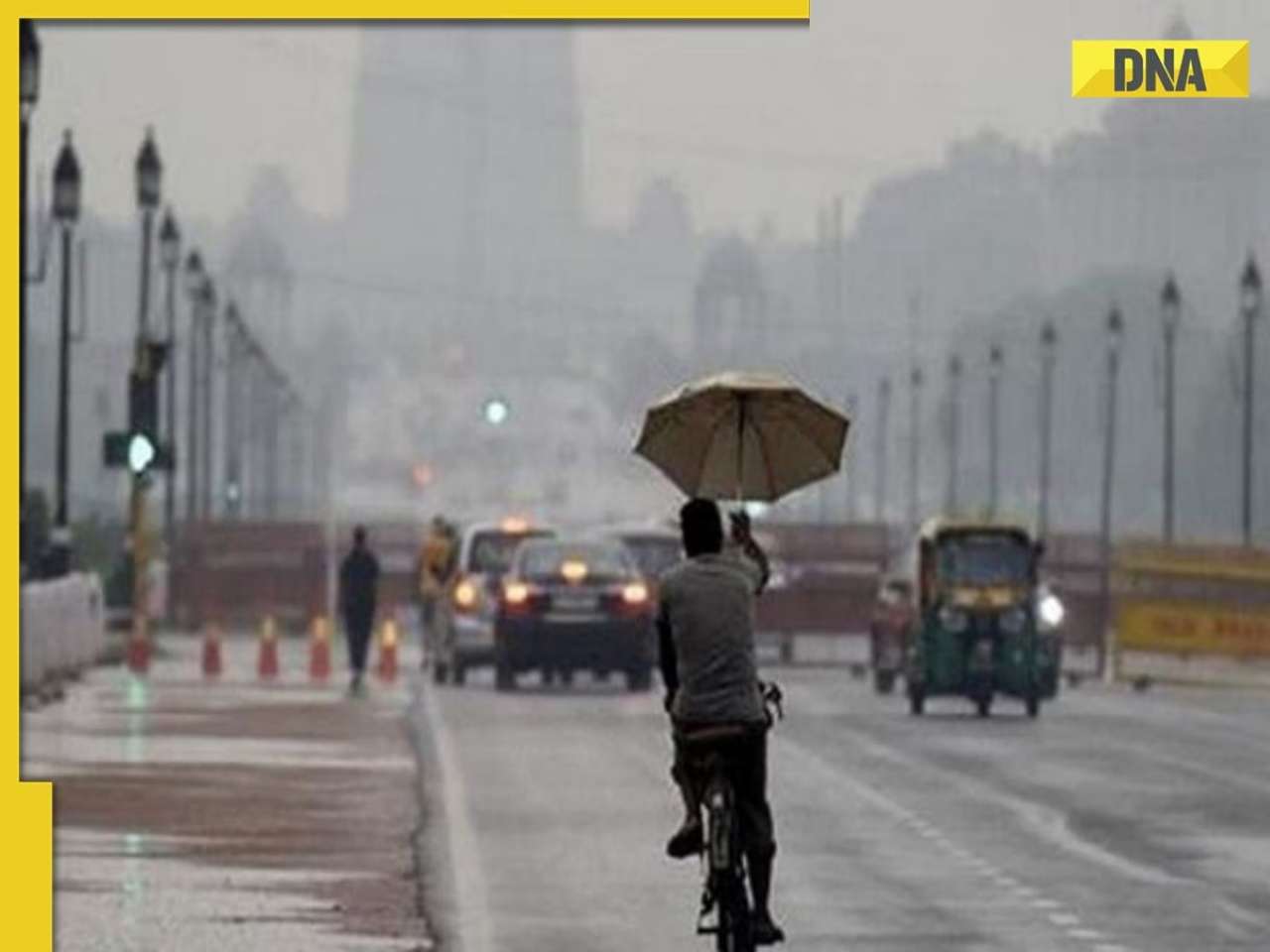
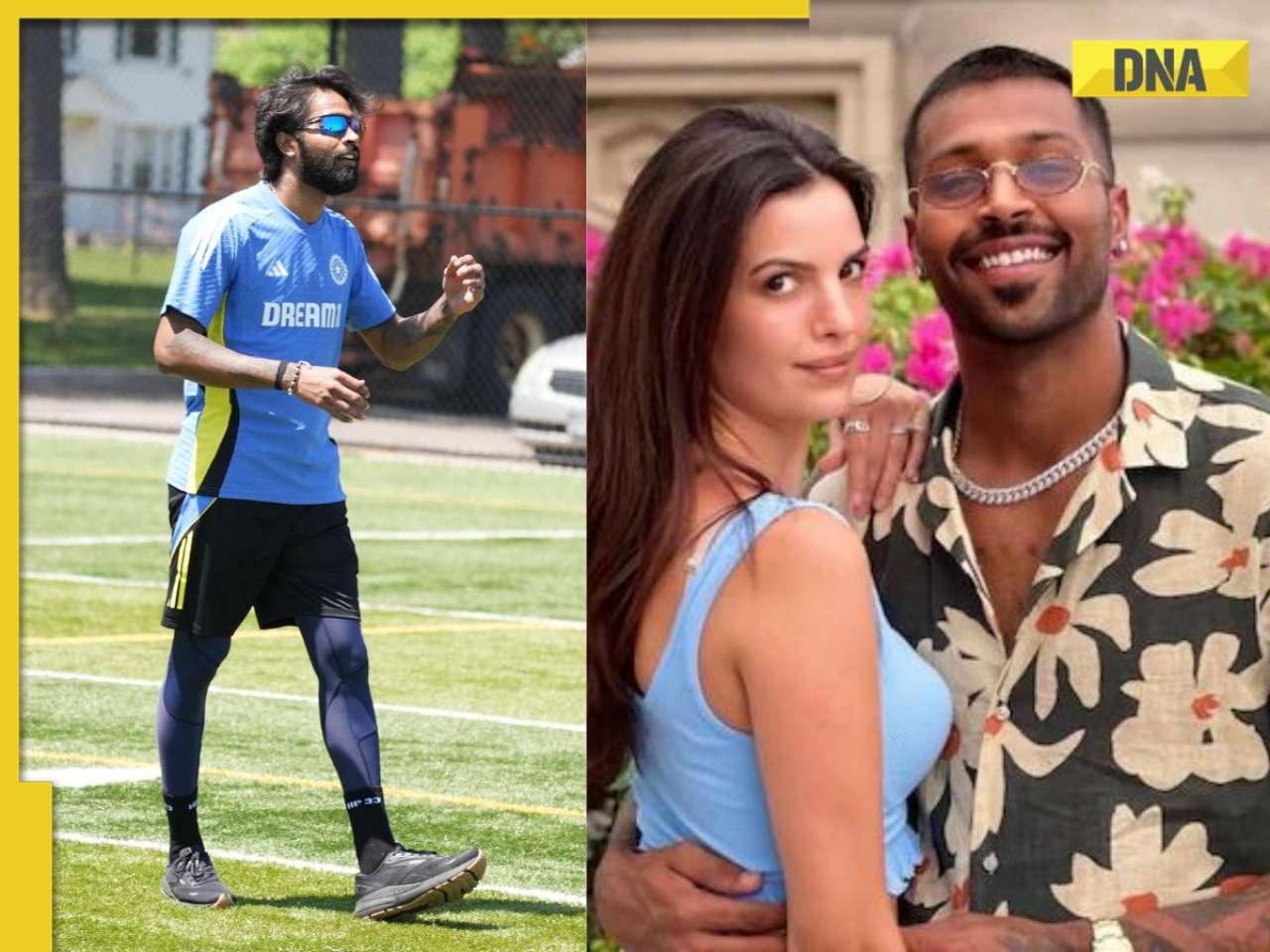

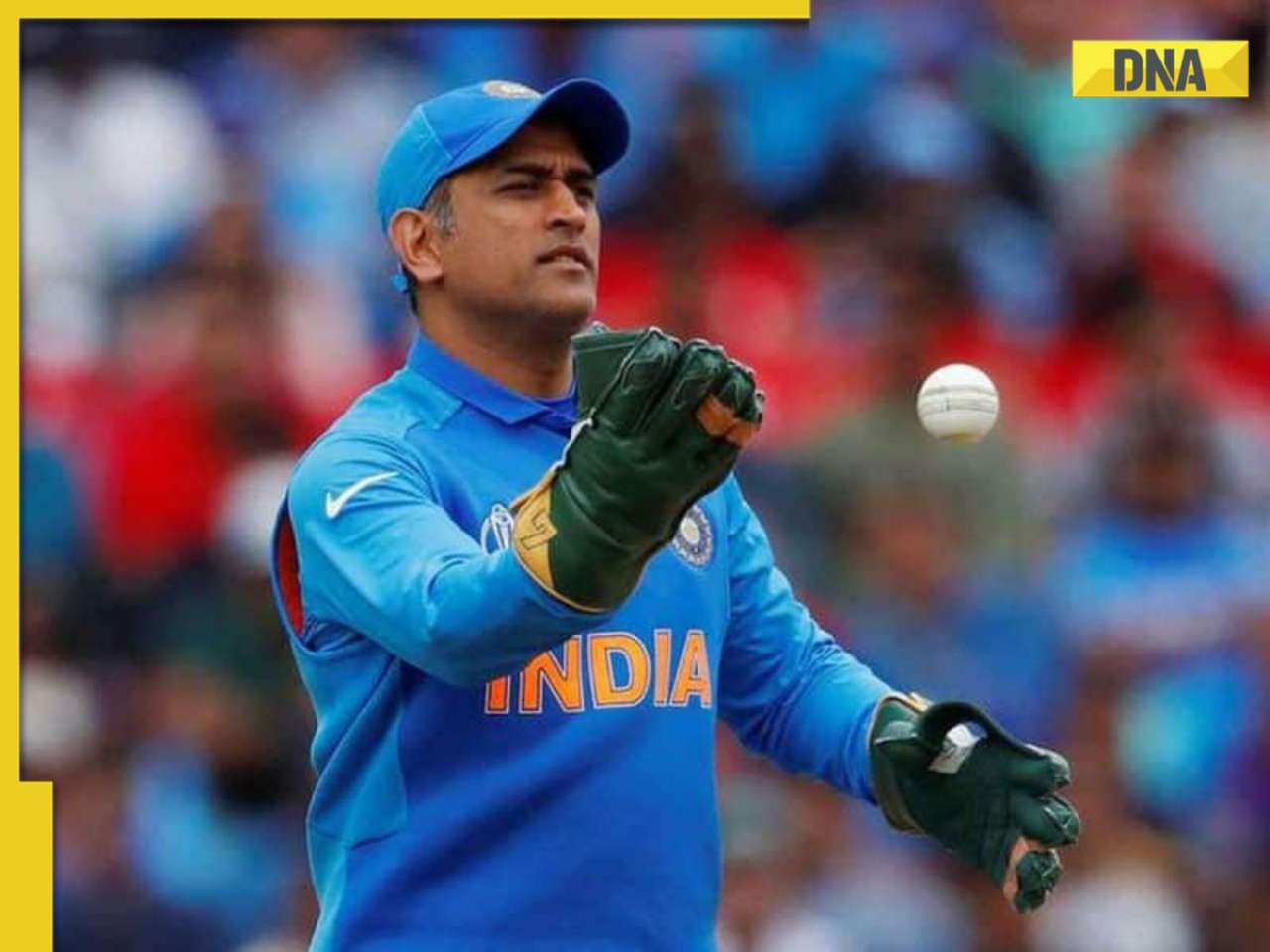
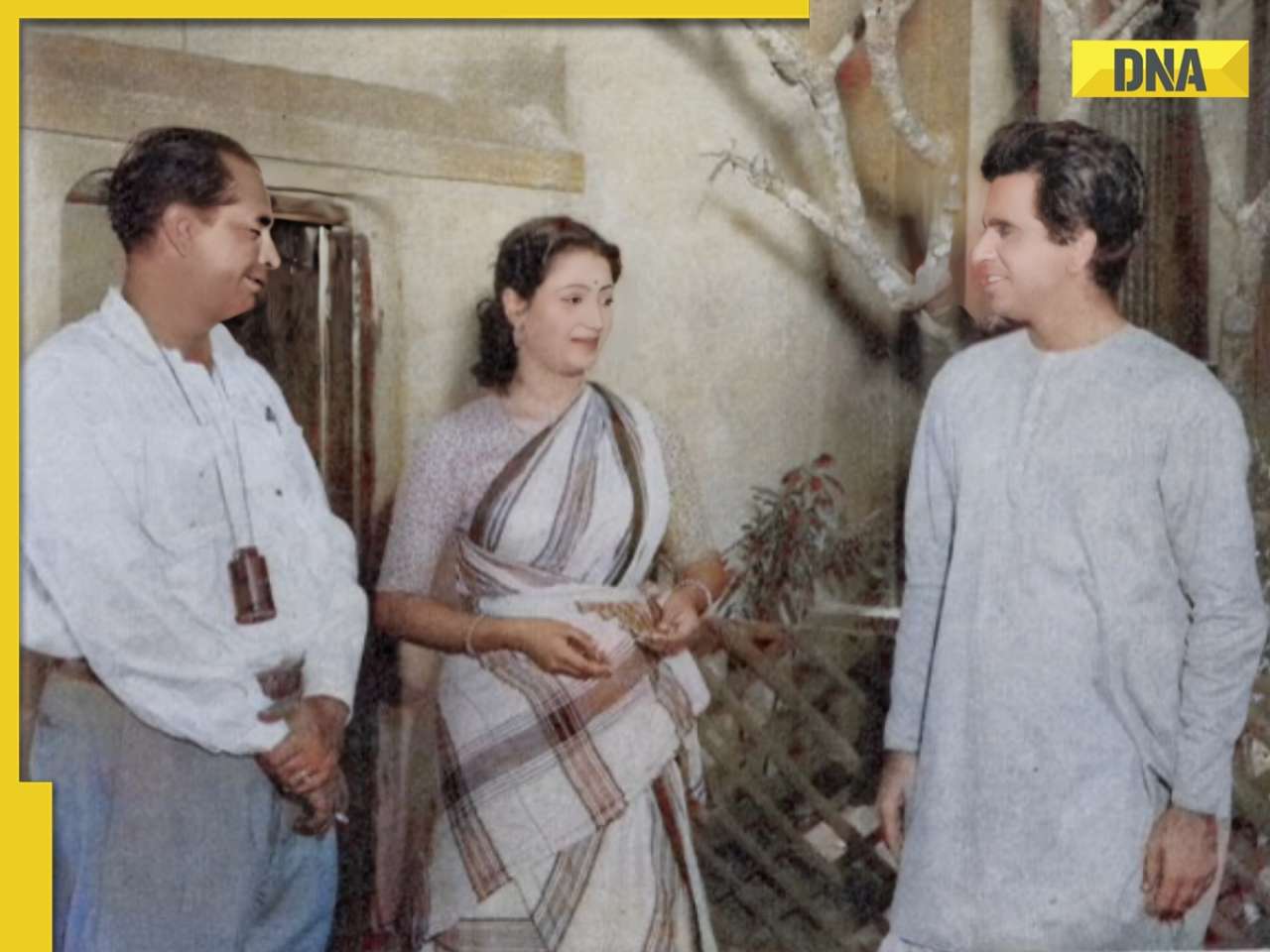





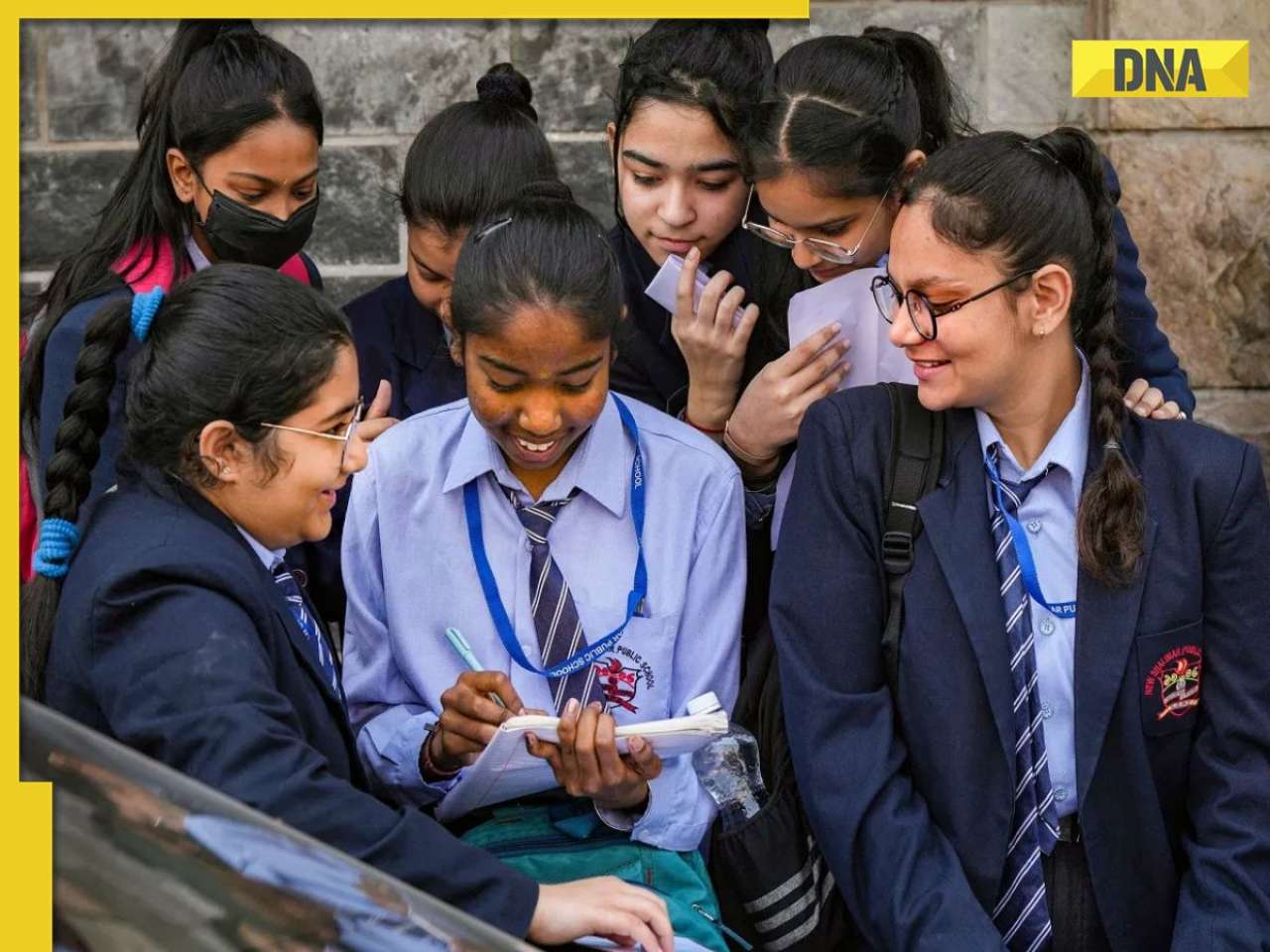
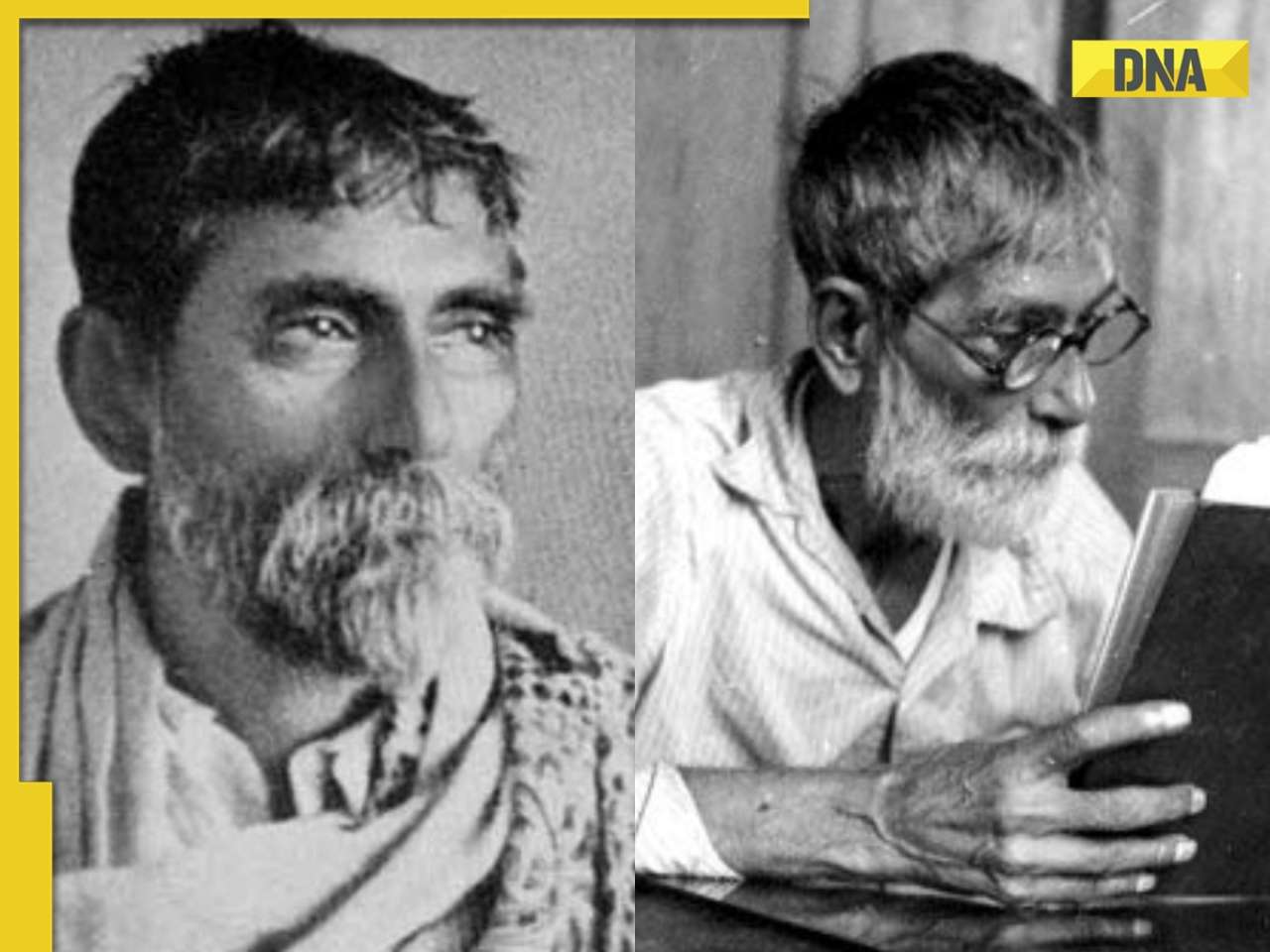
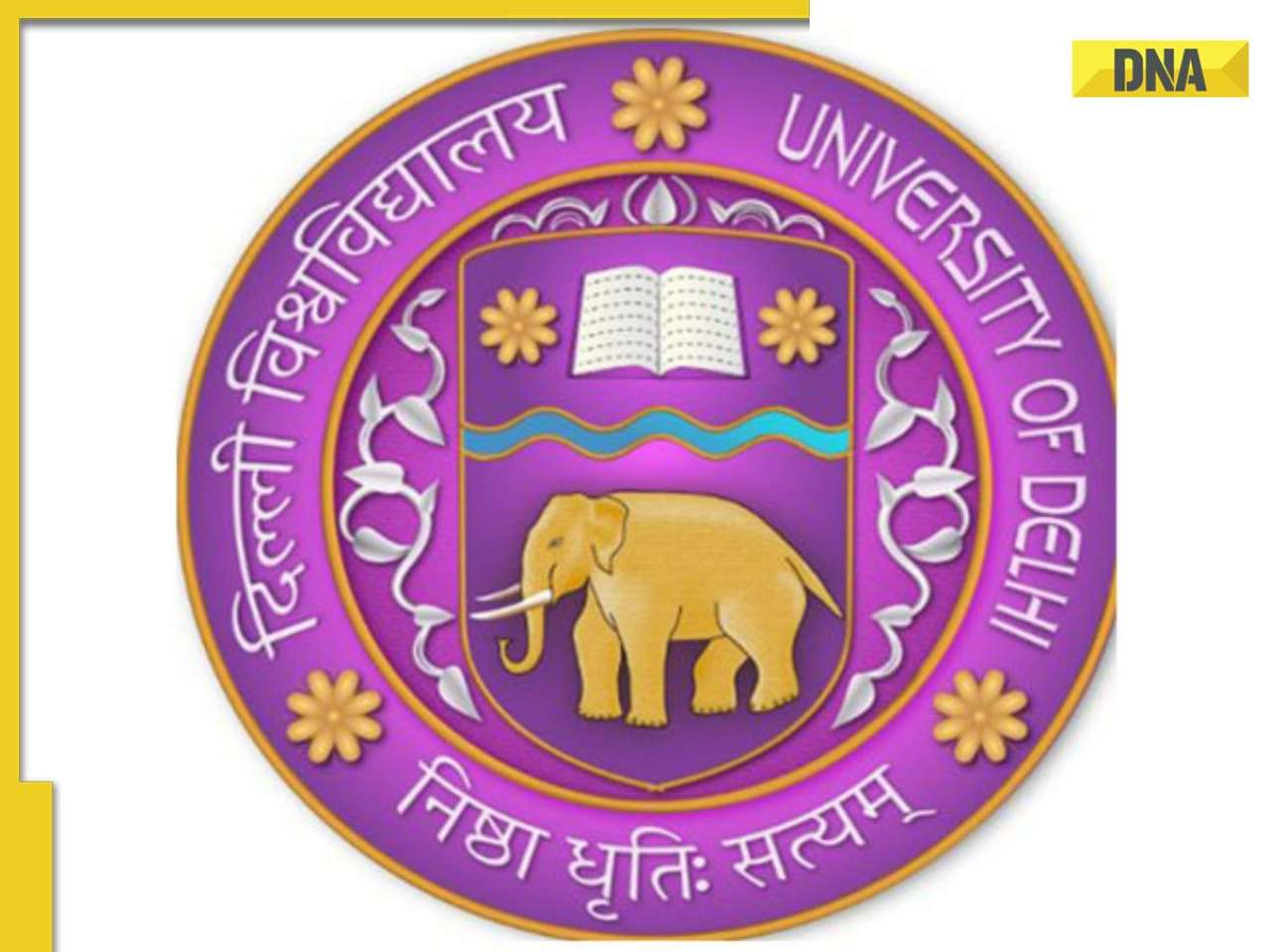

















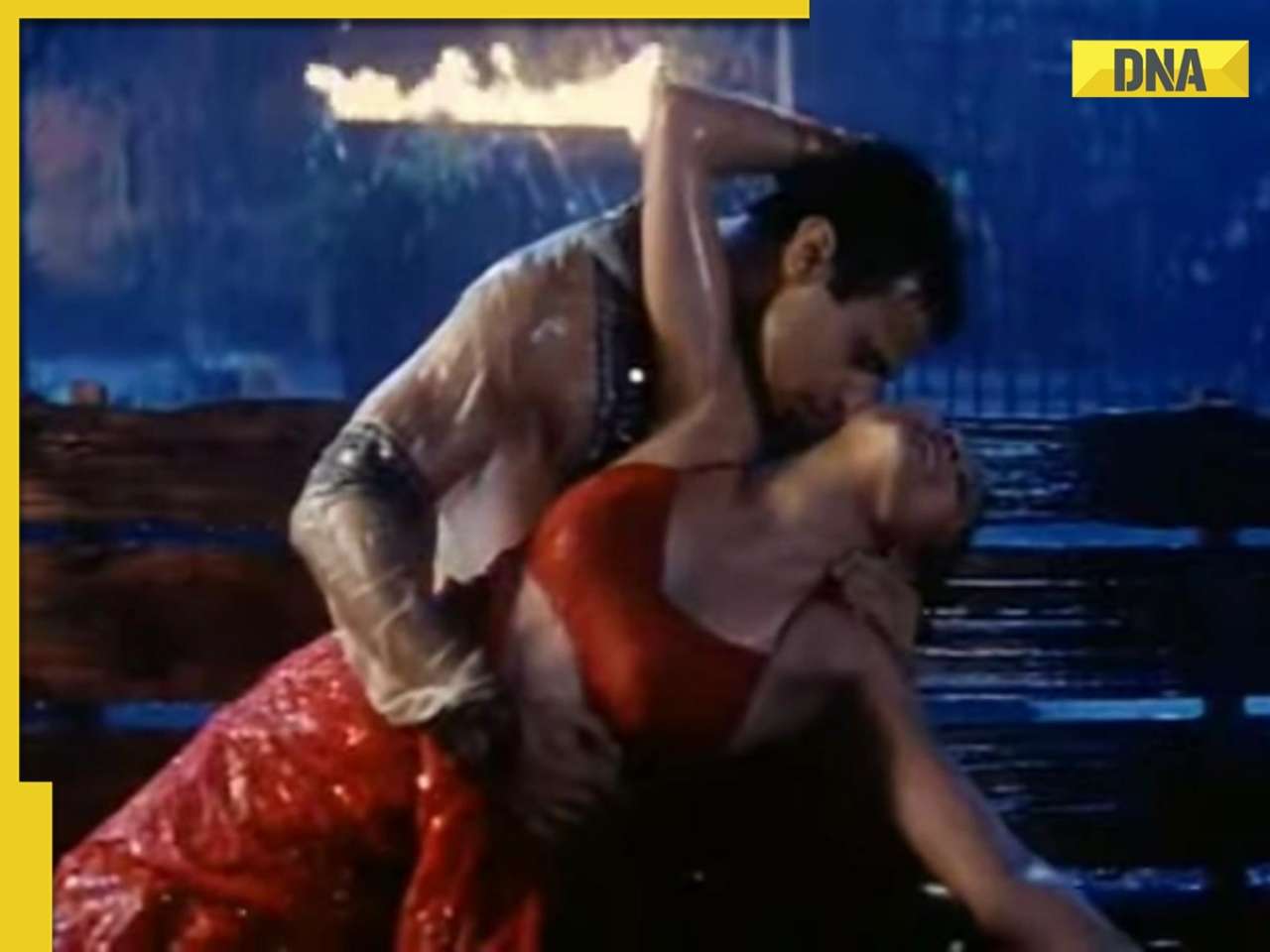
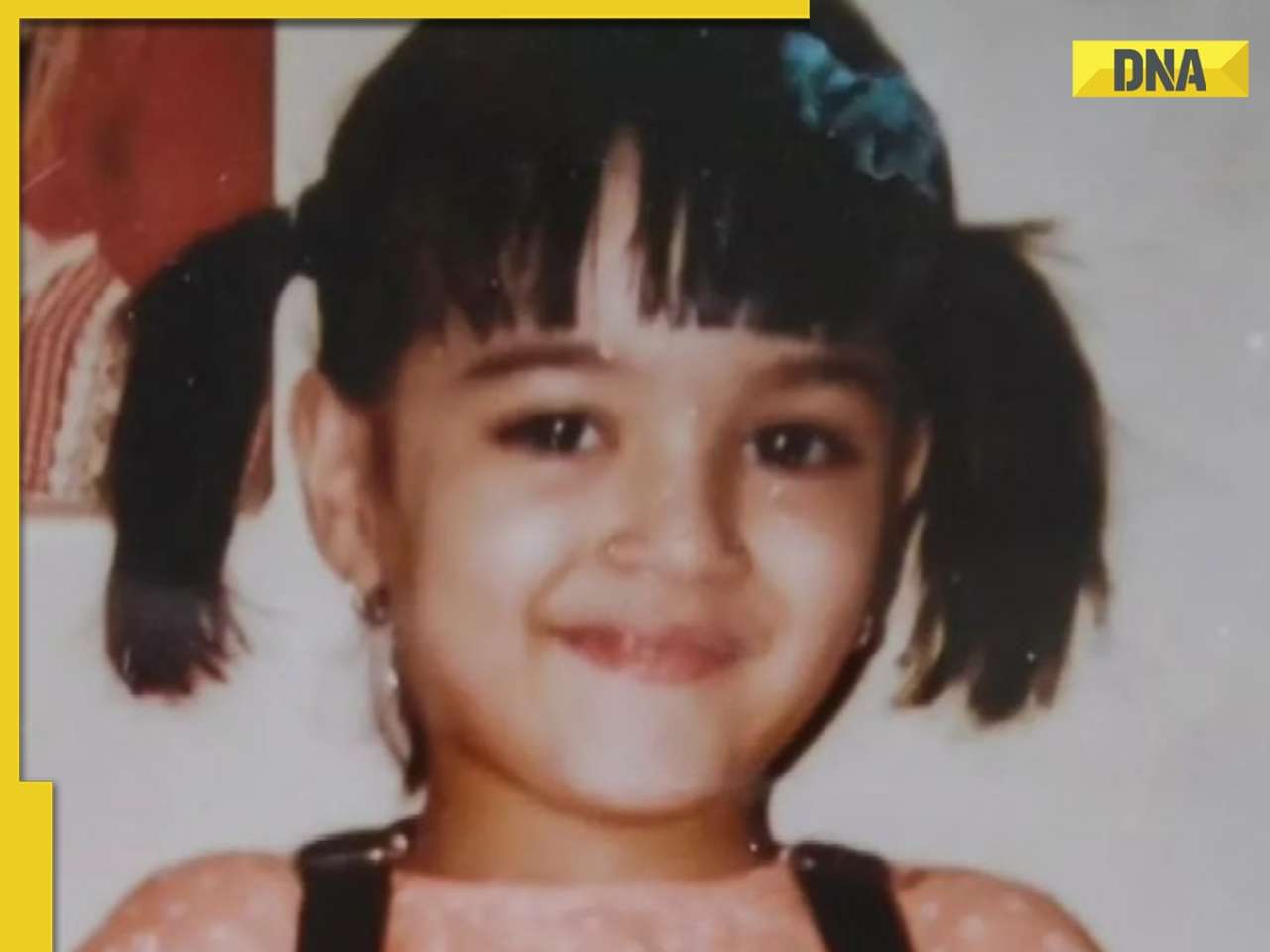
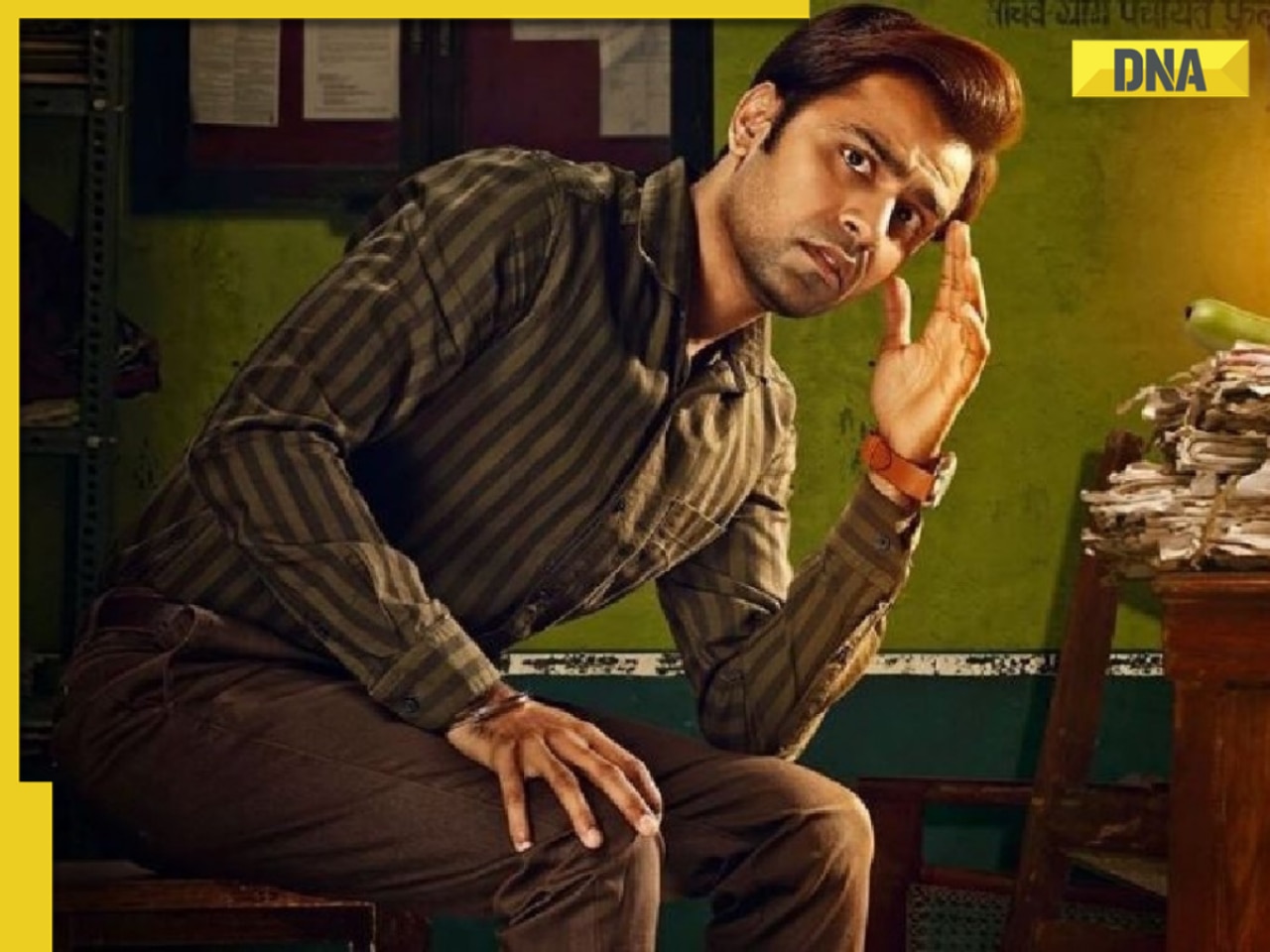
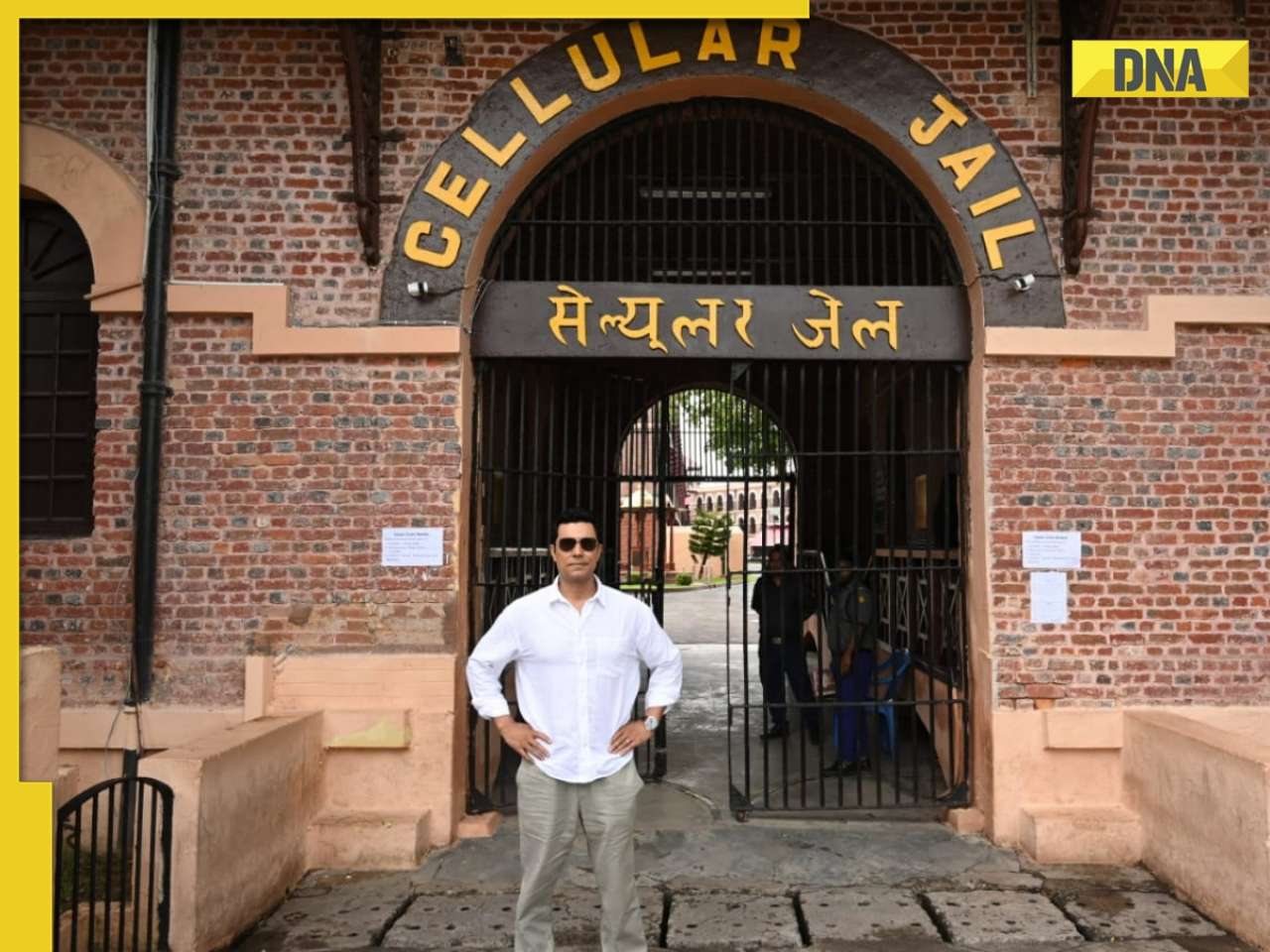
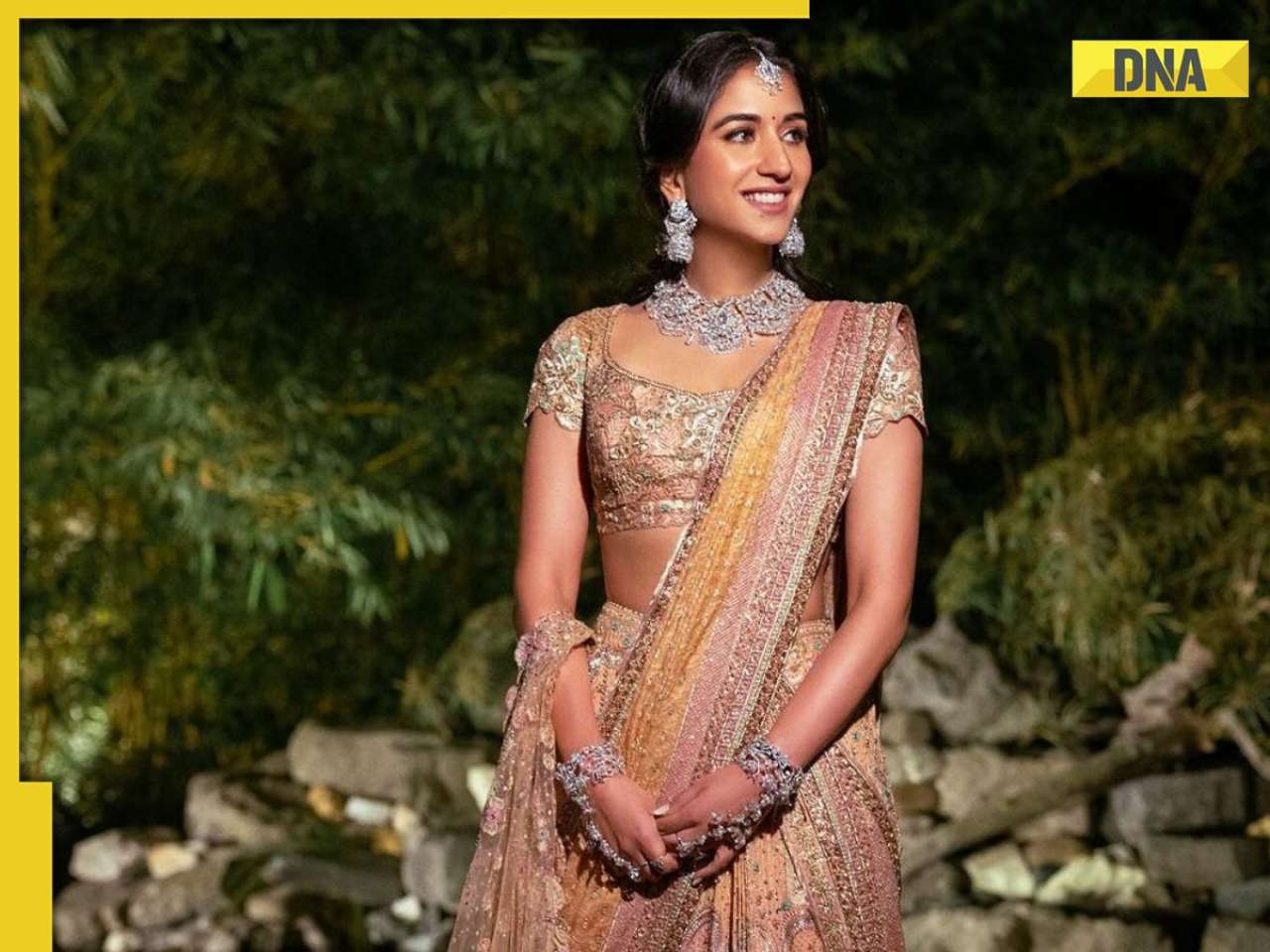

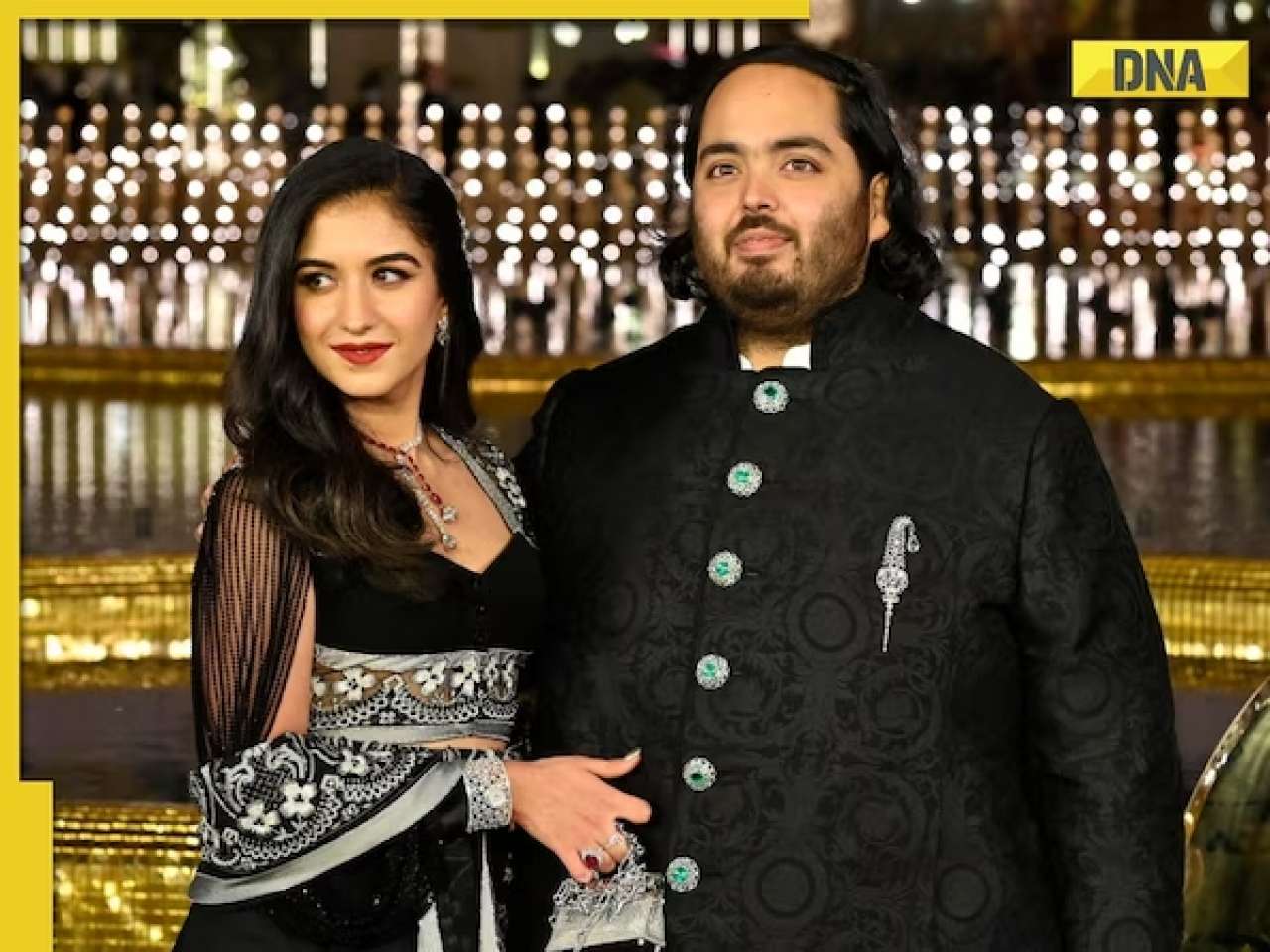



)
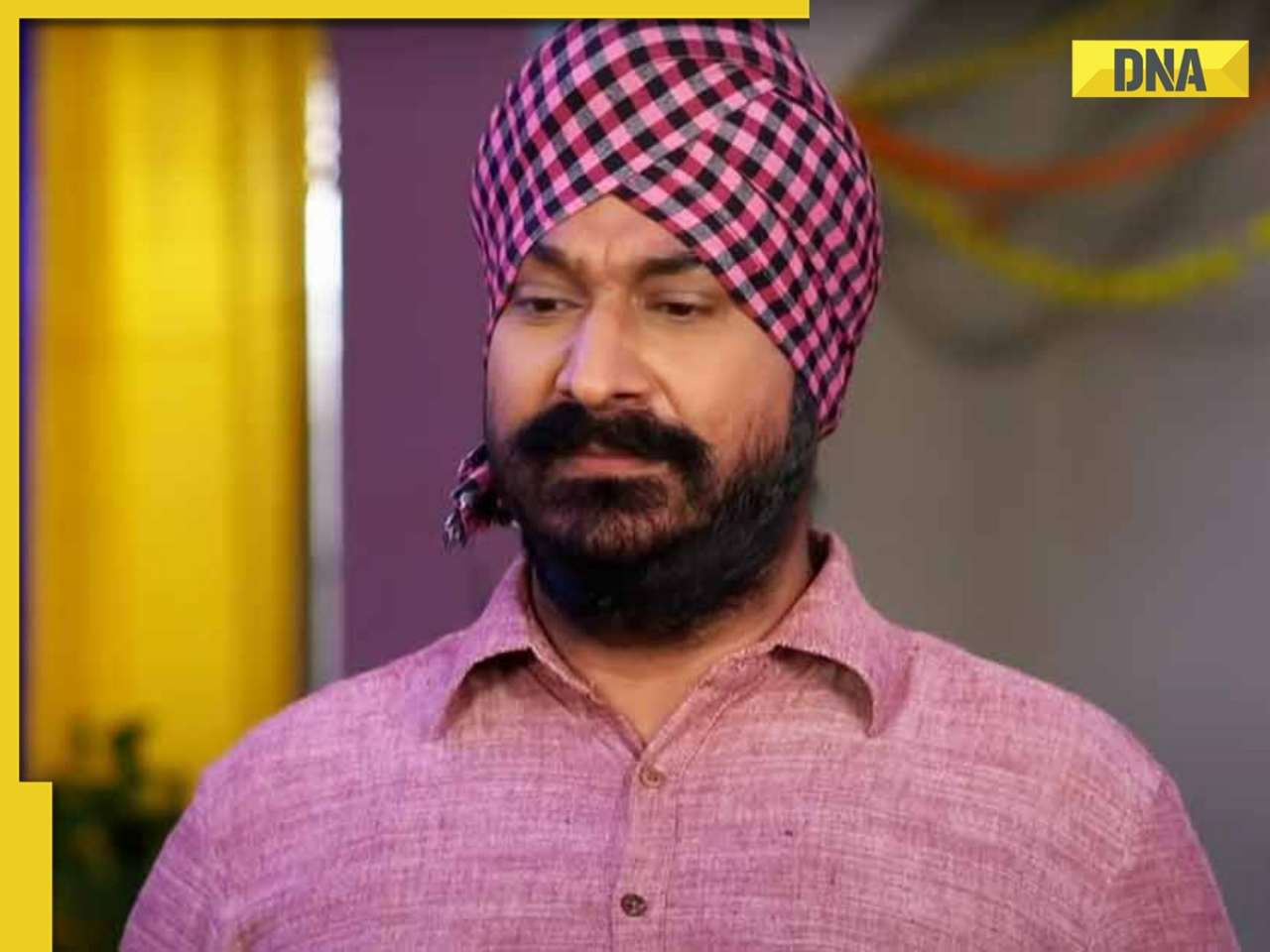
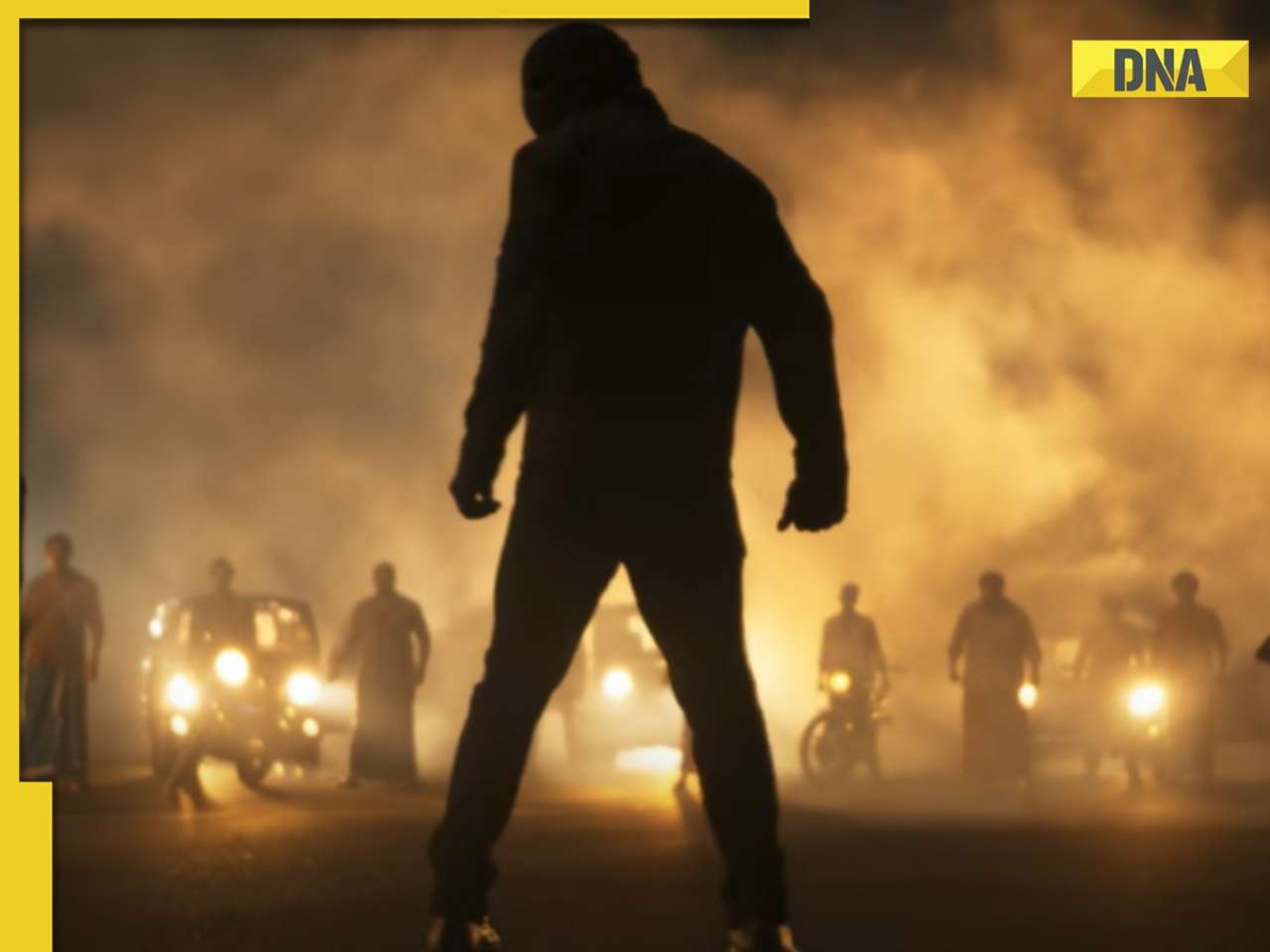

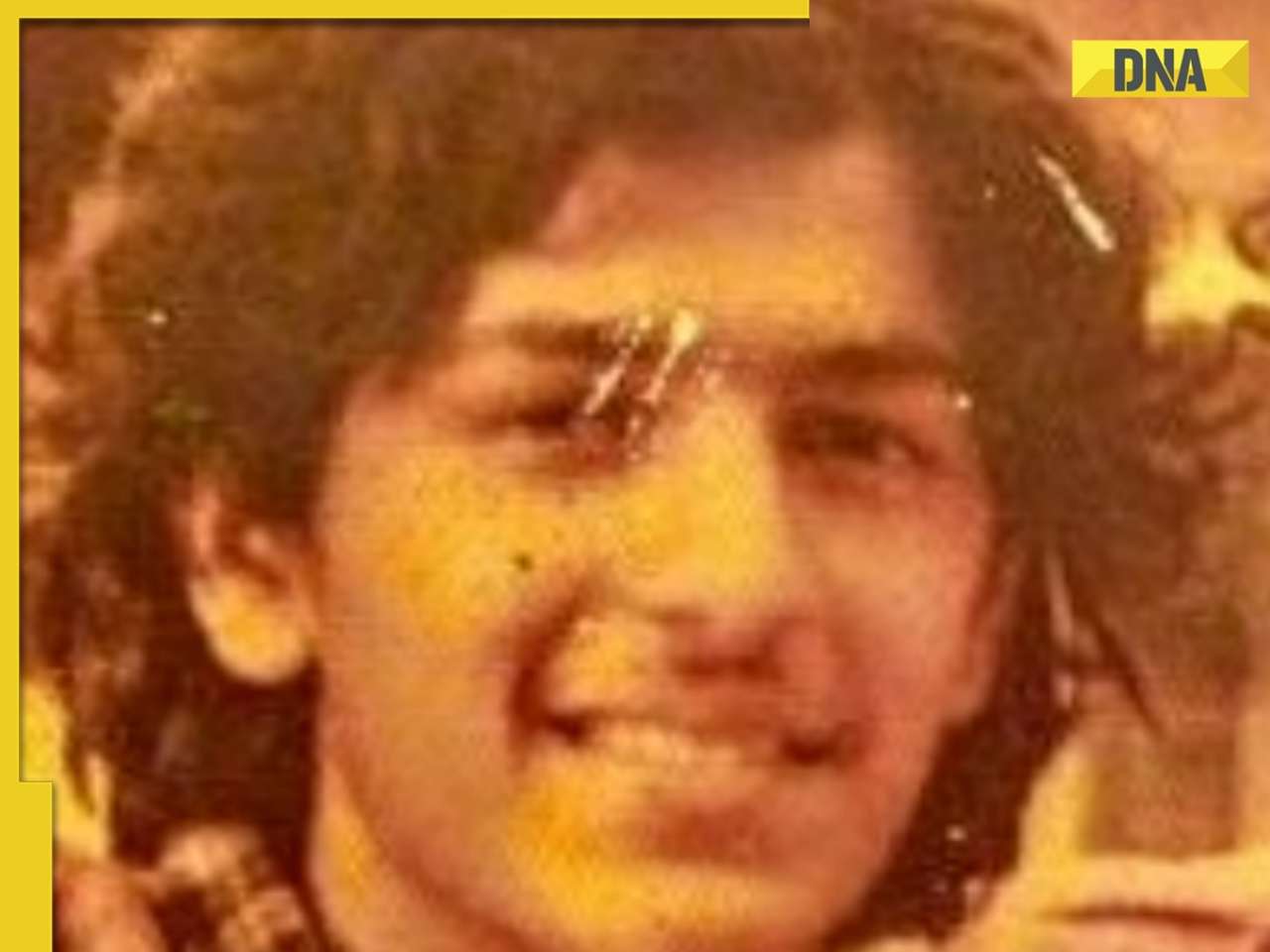
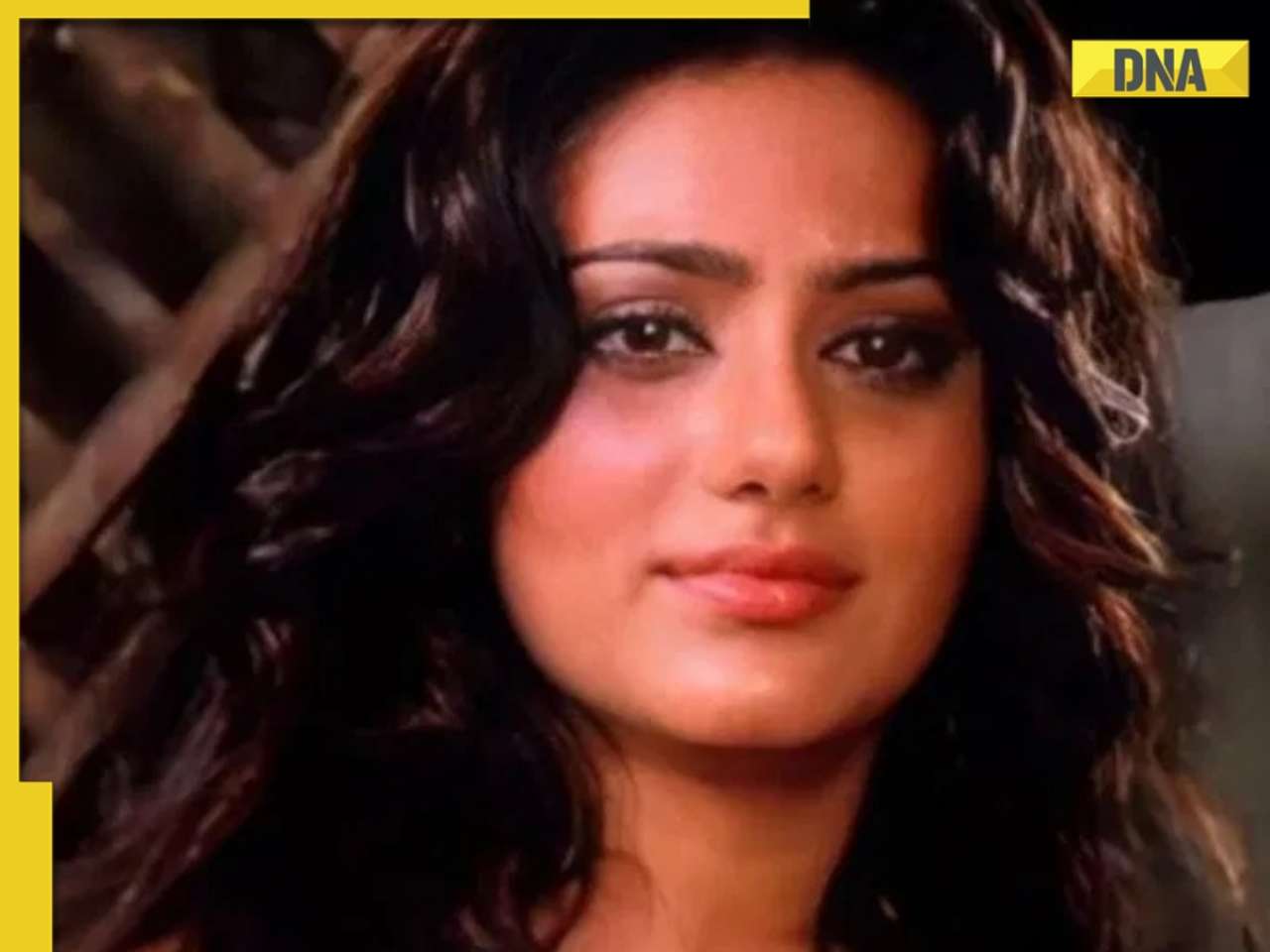
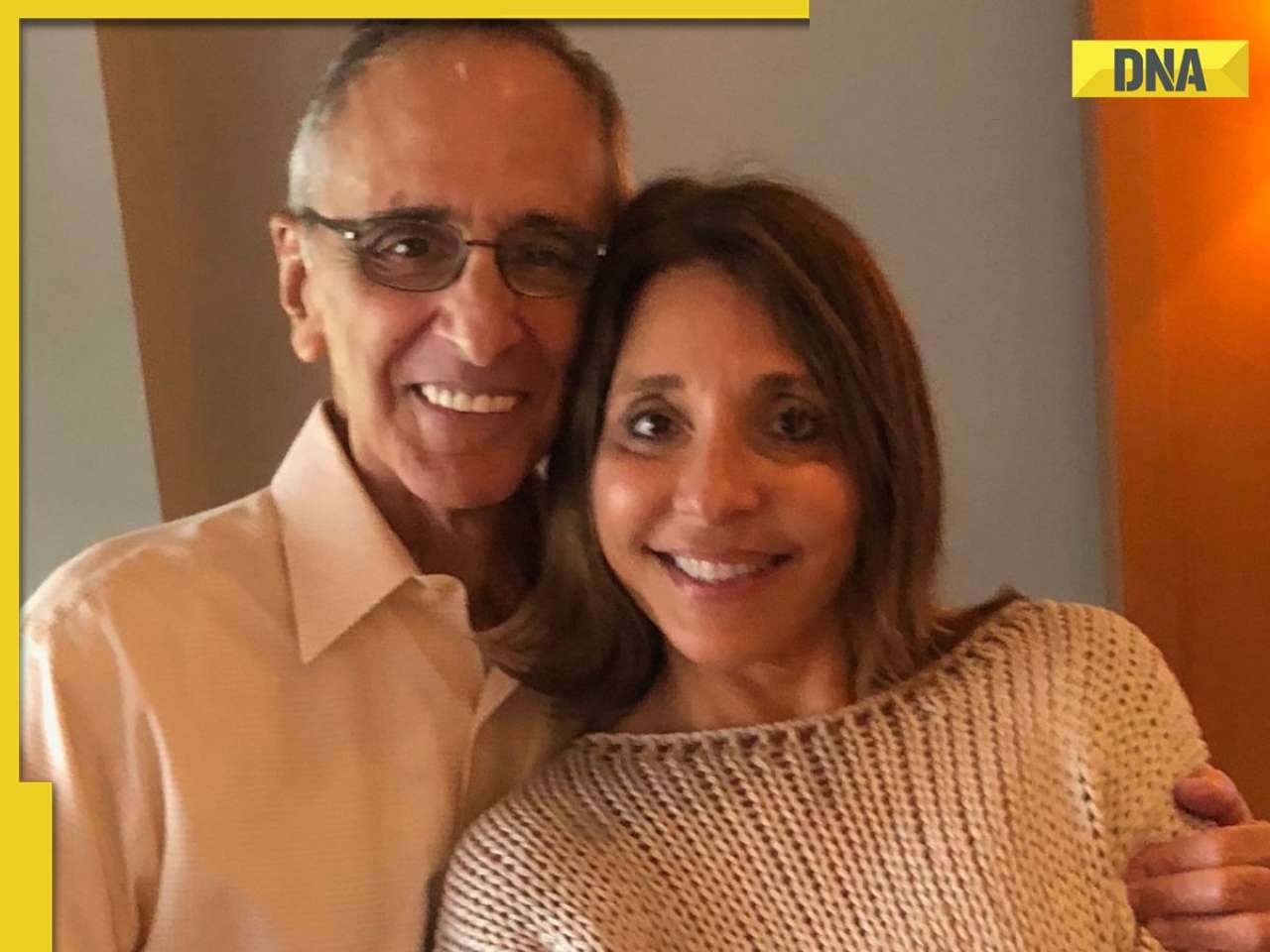
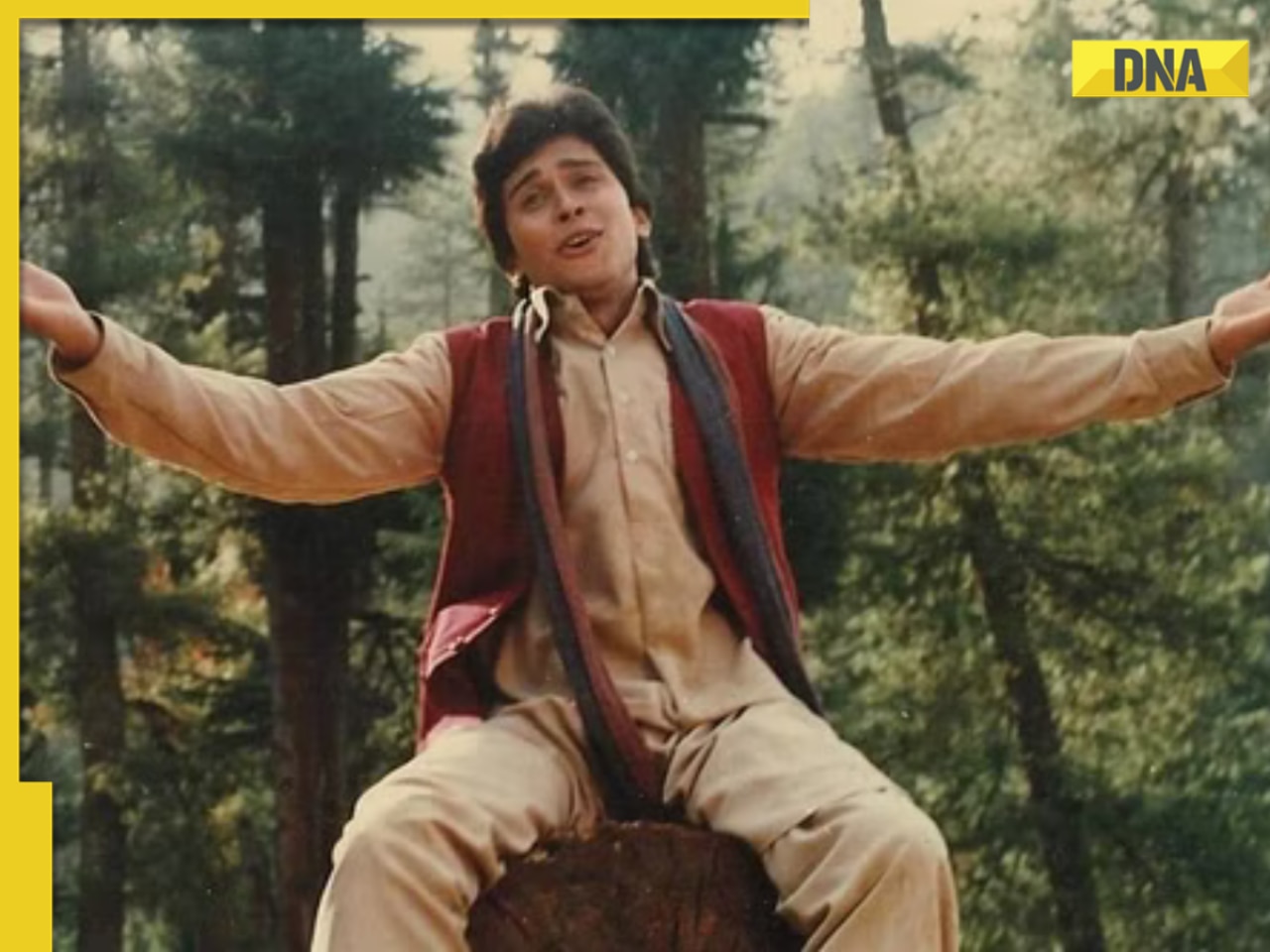

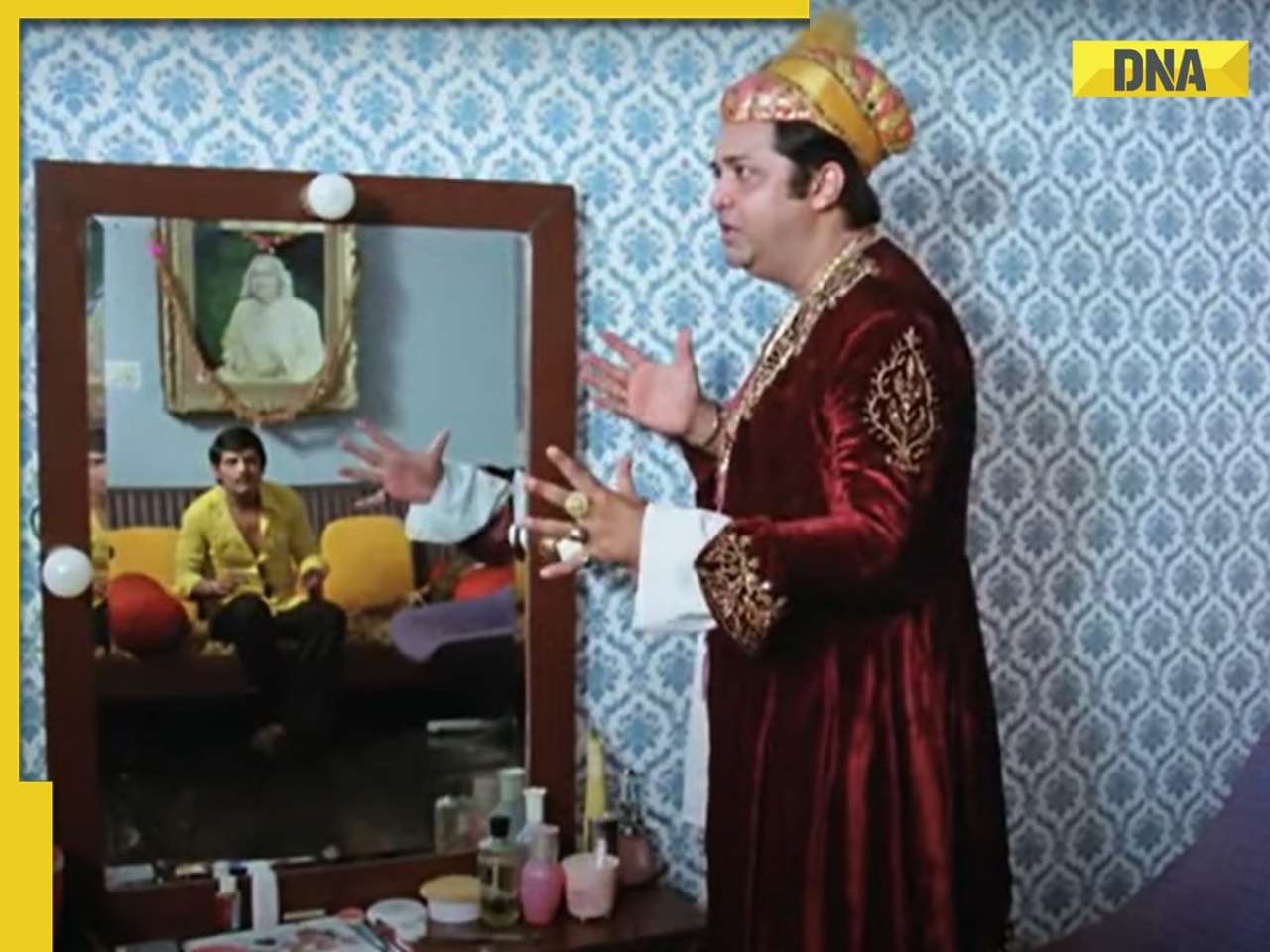
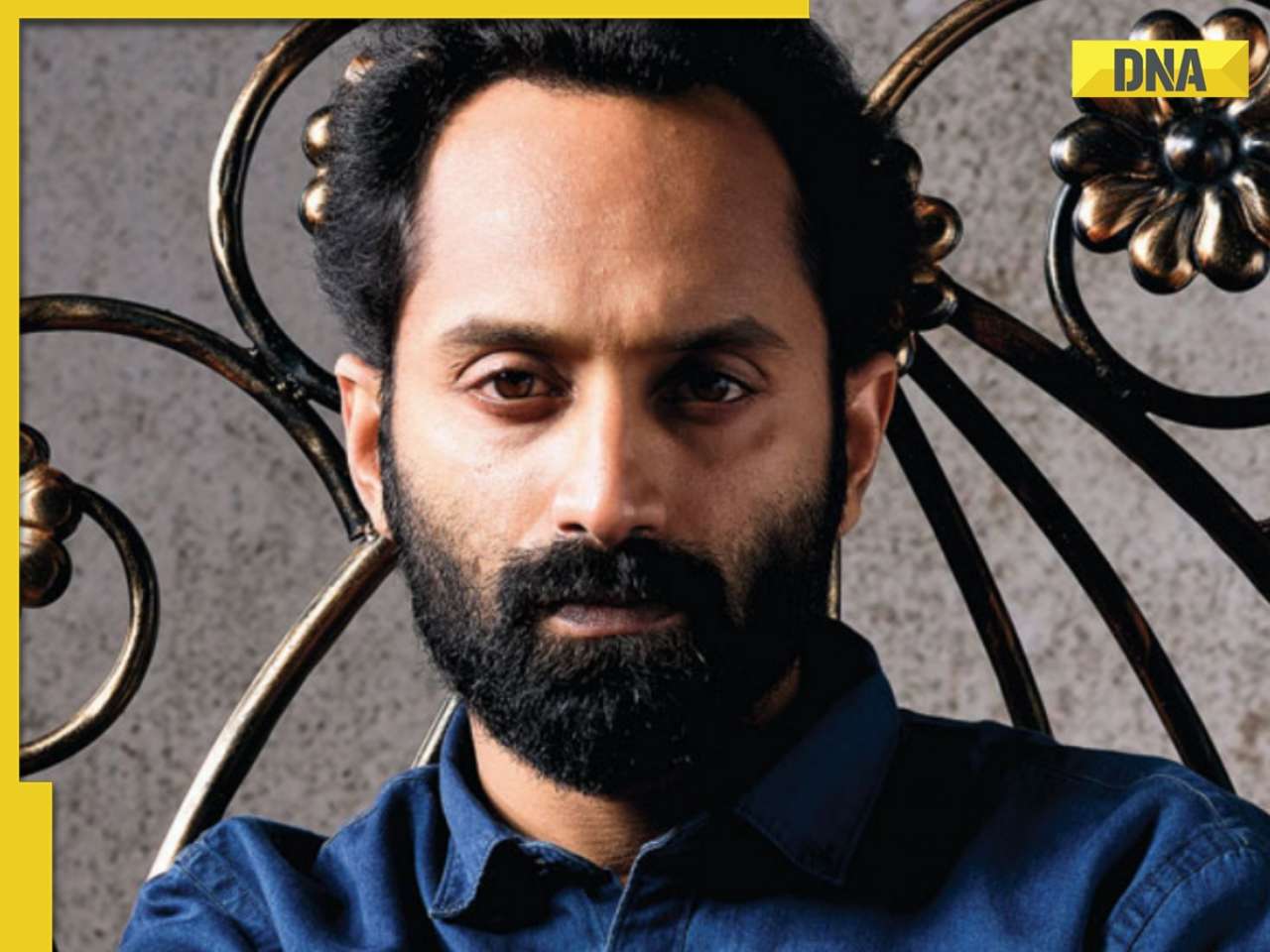
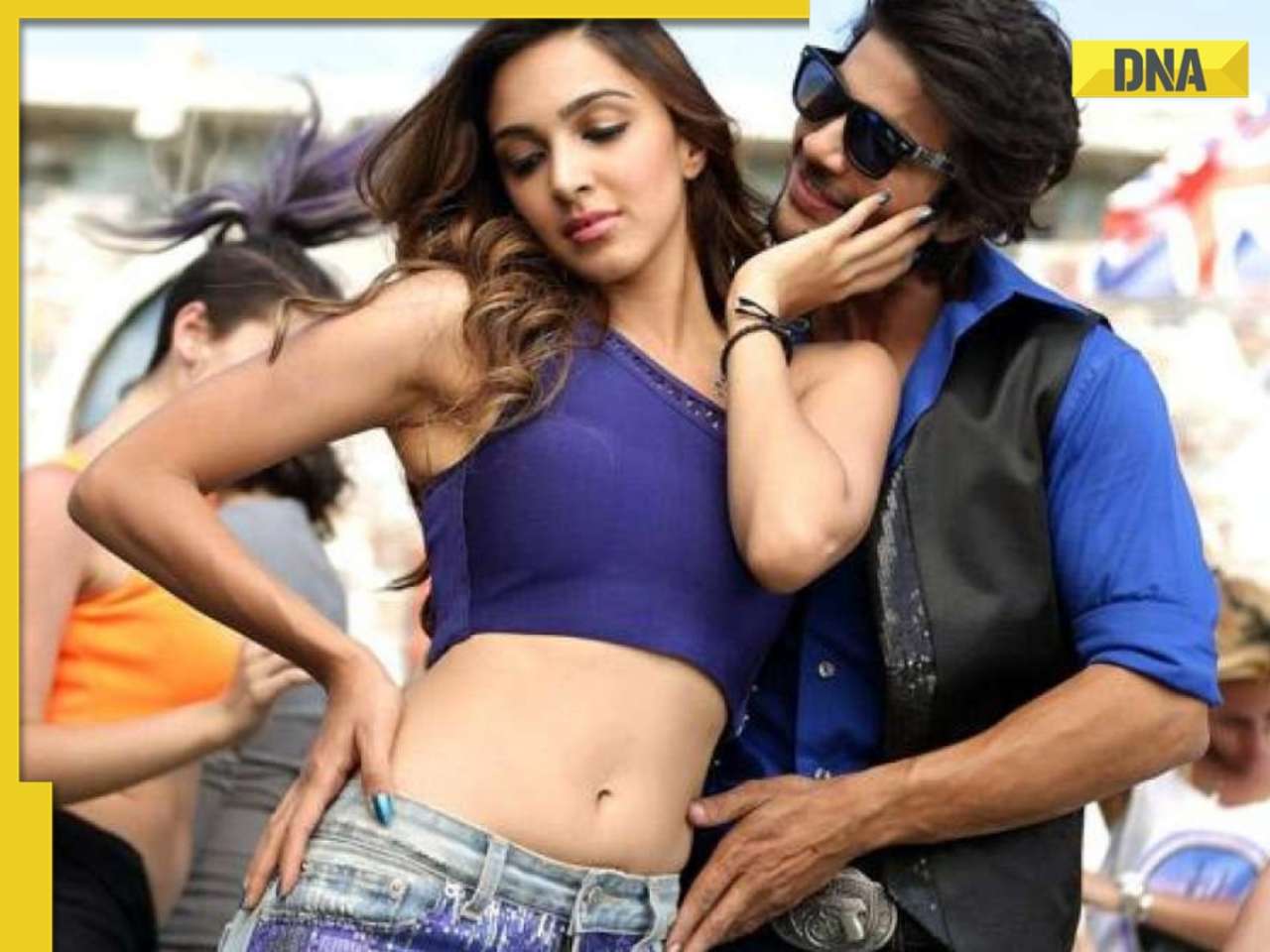
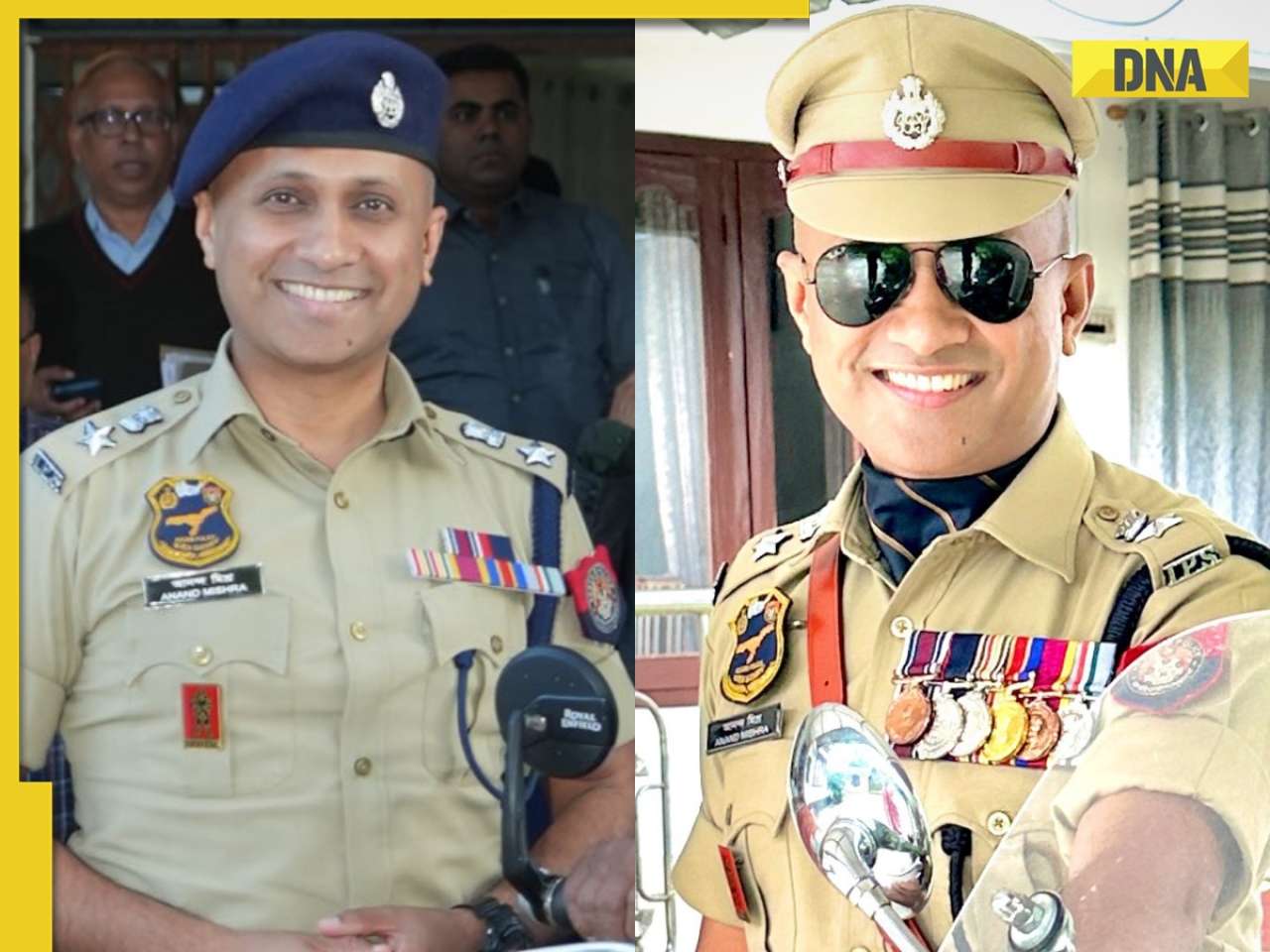




)
)
)
)
)
)